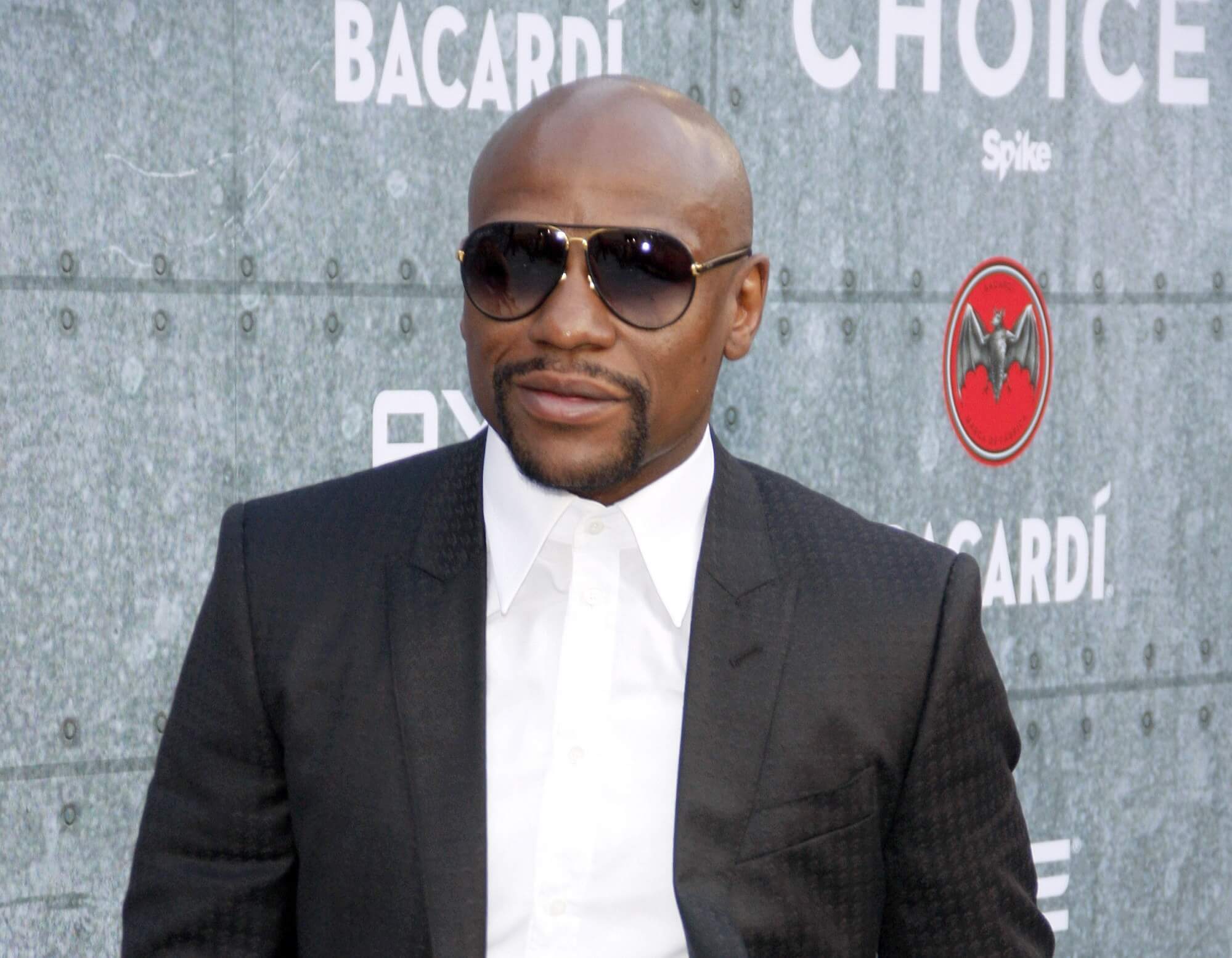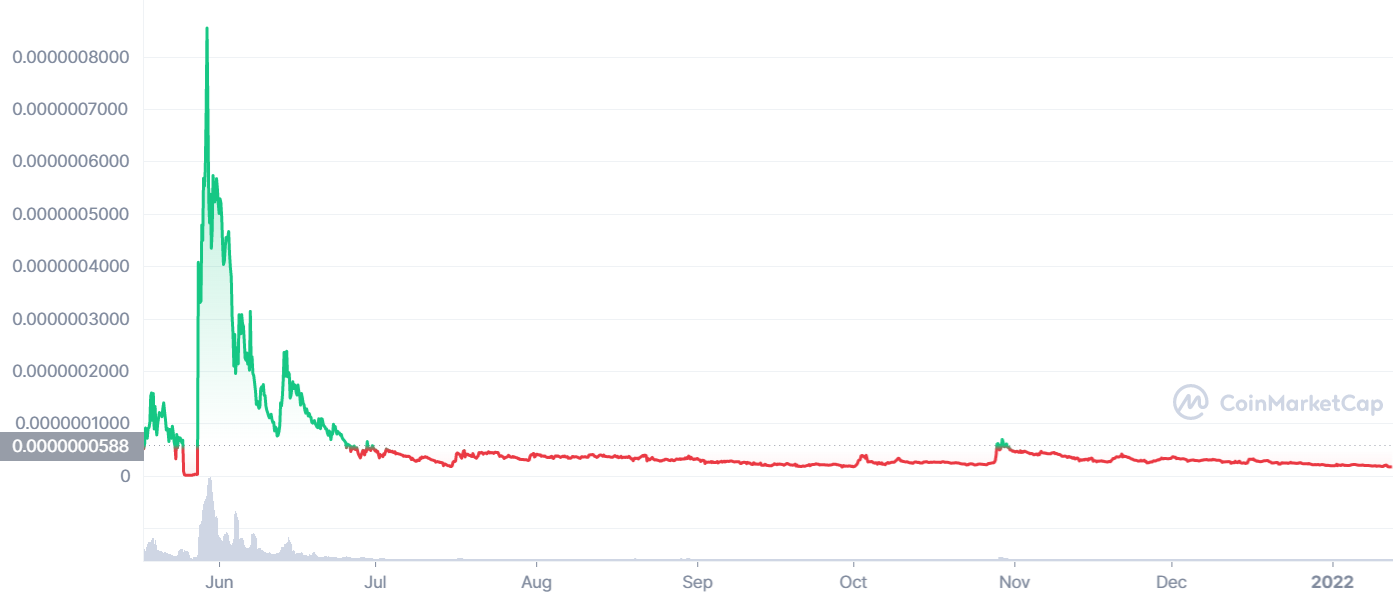What just happened? A group of investors has filed a lawsuit against Kim Kardashian, Floyd Mayweather, and basketball star Paul Pierce for promoting the EthereumMax cryptocurrency. The celebrities are accused of making false or misleading statements about the coin "through social media advertisements and other promotional activities."
EthereumMax, which has no connection to Ethereum, saw its price skyrocket early in 2021 when its initial trading price of $0.00000006 (on May 16) jumped over 1,000% by May 29. The increase in value came after it was used to buy tickets for the Mayweather/Logan Paul exhibition boxing match---Mayweather also wore an EthereumMax URL ad on his shorts during the fight---and Pierce tweeted about the crypto.
Another significant contributor to its promotion was Kardashian, who posted about EthereumMax to her 278 million Instagram followers via Stories. While the influencer added a small disclaimer noting that it was a paid advertisement, she claimed in the post to have heard about the coin from friends, and it didn't look like an ad. According to Morning Consult, 19 percent of survey respondents who heard about Kardashian's post invested in EthereumMax.
But EthereumMax's price fell 98% the day after Kardashian's post and continued to plummet, eventually dropping below its starting value. It's alleged that the coin's creators sold their tokens before the drop, as shown by their wallet addresses, making a lot of money in the process and leaving investors holding nearly worthless crypto.
Both the celebrities and the EthereumMax's creators are listed as defendants in the suit filed in New York. Plaintiffs are listed as anybody who invested in the coin between May 14, 2021, and June 27, 2021, and was "damaged thereby" by the coin's trajectory.
Crypto pump and dump scams, especially those in which influencers/celebrities promote the coin, are nothing new, and this isn't the first time Mayweather has been caught up in a crypto-promoting controversy. Both the boxer and DJ Khaled were hit with massive SEC fines in 2018 for not disclosing that they were paid to promote initial coin offerings (ICOs).

